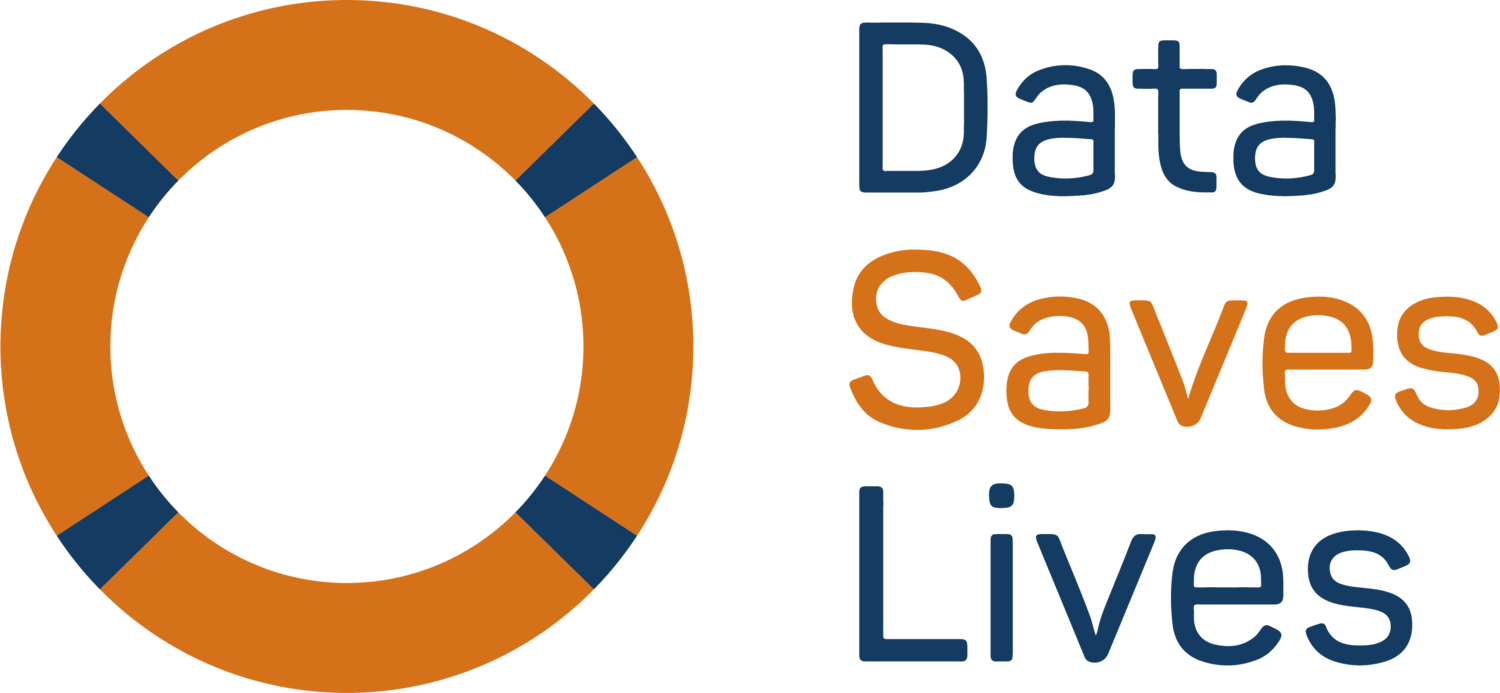Unfair and systematic differences in healthcare between different demographic groups have led to avoidable health inequalities. The collection of health data gives us the opportunity to address the gaps, but do we really have the full picture?
Last month, we were delighted to accept an invitation from the team at use MY data to attend their first webinar on how data is used to measure inequalities. During the session Chris Carrigan, Expert Data Advisor, walked us through what we mean by equality data and the legal requirements, before taking a deep dive into how ethnicity data is recorded (or not, in some cases), and crucially, why this is so important. Below are some of the key takeaways from this discussion.
Many of us will be familiar with the mountain of paperwork that needs to be completed when registering at a local doctor’s office. Questions relating to our age and sexual orientation may feel unnecessary – or even invasive – but some of these questions are a legal duty and can provide vital information for identifying and quantifying the inequalities within our healthcare system.
There is lots of published analysis of equality in diagnosis, care, outcomes and experience
So, what can these data tell us? Taking ethnicity for example, we know that cancer is more common in white and Black males compared to Asian males in the UK. In addition, data also tells us that Black women are more likely to be diagnosed at a later stage compared to all other ethnic groups. But while these are valuable insights, which can help us to address gaps in diagnosis, care and outcomes - does this really align with reality, and more importantly, is the issue actually far bigger?
Data exists to monitor equality, but it isn’t always complete or linked together
Continuing with the UK example provided by use MY data, there is currently no standardised approach for the collection of ethnicity health data. Let’s go back to that doctor’s form for example - there is no legal requirement for practices to collect data on ethnicity, so many don’t. For those that do, there is huge variation in how data is recorded and analysed. Hospital records do collect ethnicity data, but without a standardised coding approach, many data sets are missing or have errors, and are not interoperable with other data sets.
When data isn’t unilaterally collected, standardised and connected, it skews the overall picture. It’s like trying to fix a car without knowing what’s wrong in the first place. How can informed decisions be made or policies to address health inequalities implemented when the data does not provide the full story? A lack of a complete data set inherently causes incomplete / misdirected analysis, and therefore a fundamentally flawed understanding of health inequalities.
These issues are not just endemic to the UK, they’re far broader. As the world has catapulted into the new digital age, it can feel as if you can’t even open a bank account without disclosing what you had for dinner. There is, rightfully, growing distrust about why our personal information is needed and how it will be used. Previous data breech scandals and poor data management practices have fuelled scepticism, and ushered in stricter legislation, such as GDPR. Although such measures are necessary to ensure responsible data sharing practices within the EU to protect personal data, a one size fits all approach, in some ways, severely limits the greater benefit for society. So, despite this digitalised progression, are we still living in the dark ages when it comes to harnessing the true power of data?
COVID-19 data-regulations allowed much more to happen
The way in which the COVID-19 pandemic was managed across the world could finally provide the catalyst needed to move the needle in terms of how we collect and share health data. Without question, the public impact of the pandemic was significant, urging Governments to take decisive action to limit its impact. This meant that a wide range of data sharing for public health, planning and research purposes could be used to support both the national and international response to COVID-19. For example, it enabled rapid identifying of at-risk groups, monitoring of the spread via track and trace, the effectiveness of social distancing measures and even the effectiveness of treatment. It’s difficult to comprehend the scale of devastation had these measures not been in place.
In addition, we also learnt that ethnic minorities are disproportionately affected by COVID-19, experiencing higher rates of infection and mortality compared to others. This information has sparked a wider conversation about the socio-economic disparity between demographic groups, which in turn is informing health strategies and policy to meet these specific needs [1}. Through the use of Big Data, resource-limited organisations (such as the health care providers) should be capable of better meeting the needs of everyone.
Responsible health data sharing could revolutionise the healthcare system
Data is a valuable, and sometimes lifesaving, source of information. Isn’t it time we re-examined how it can be used – especially within the context of health? The power of a complete, standardised data set, shared across health-care providers and policy-makers promises huge benefits to the treatment landscape worldwide. Greater understanding of diseases, the capability to prevent inequality in treatment, faster awareness of infection, and much more are within our grasp if, as a society, we are able to unlock fair, reasonably collected, powerful data-sets.
With special thanks to use MY data.
{1]The Kings Fund. NHS England and tackling inequalities: times are changing. Available at: https://www.kingsfund.org.uk/blog/2021/12/nhs-england-and-tackling-inequalities

